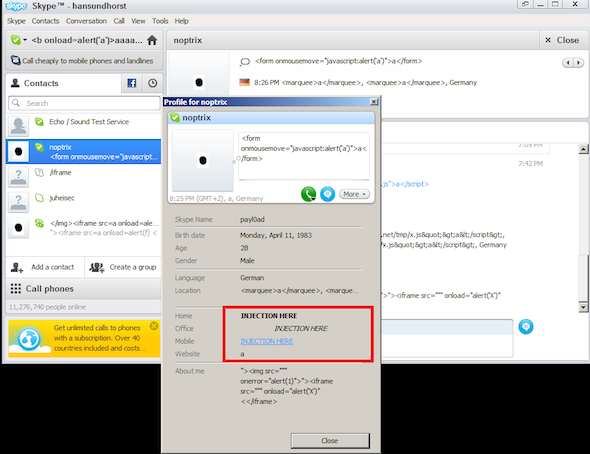Malware mints virtual currency using victim’s GPU
Security researchers have unearthed a piece of malware that mints a digital currency known as Bitcoins by harnessing the immense power of an infected machine’s graphical processing units.
According to new research from antivirus provider Symantec, Trojan.Badminer uses GPUs to generate virtual coins through a practice known as minting. That’s the term for solving difficult cryptographic proof-of-work problems and being rewarded with 50 Bitcoins for each per correct block.
General purpose GPUs far outstrip CPUs at performing math calculations and can do so in massively parallel software threads, making them a superior platform for trying huge numbers of possible keys needed to solve the Bitcoin problems.
“This makes the idea of GPGPU extremely attractive for the purpose of bitcoin mining, brute force hash attacks against password databases, and folding (the processing of simulating protein folding, a project initiated by Stanford University known as Folding@home),” Symantec researcher Poul Jensen wrote in a post published Tuesday.
An infected computer that contains an AMD Radeon 6990 CPU could process about 758.82 million cryptographic hashes per second, he wrote. That’s a far cry from an Intel’s Atom N270 netbook CPU, which is capable of handling just 1.19 Mhash/s. Rob Graham, CEO of the firm Errata Security, recently published a thought-provoking post that analyzed the economics of password cracking and Bitcoin-mining using a variety of GPU hardware.
In the event an infected machine has no GPU card, Trojan.Badminer will make do with the CPU.
GPU use could go a long way to solving a problem that has vexed malware developers who want to use other people’s computers to mine Bitcoins. As fellow Symantec researcher Peter Coogan surmised in June, a botnet of 100,000 machines that worked on a problem continuously would earn just $97,000 a month. That’s a paltry amount compared to other botnet enterprises, such as stealing online banking credentials.
“With the advent of Trojan.Badminer and common usage of fast graphics cards, it may well begin to make economic sense to rent botnets in order to carry out distributed bitcoin mining and run the process on an industrial scale,” Jensen wrote.
Of course, crooks investing resources in Bitcoin theft still must grapple with another challenge: The price of the highly decentralized coin fluctuates wildly. It has reached exchange rates as high as $29, but has plummeted since then, with the current price a little more than $11. ®
This post was rewritten to correct inaccuracies about the way Trojan.Badminer worked.
Article source: http://go.theregister.com/feed/www.theregister.co.uk/2011/08/16/gpu_bitcoin_brute_forcing/



